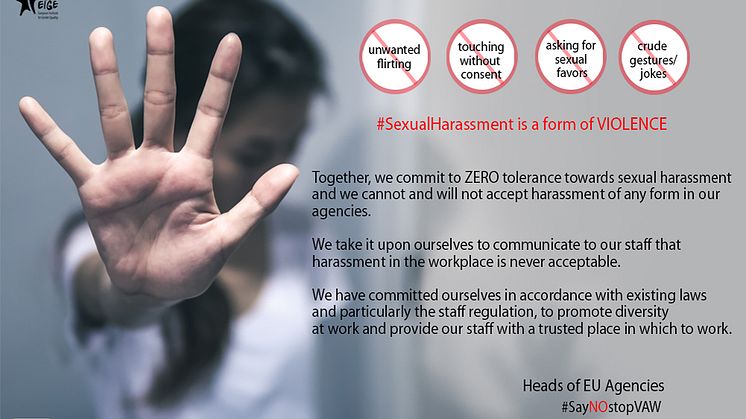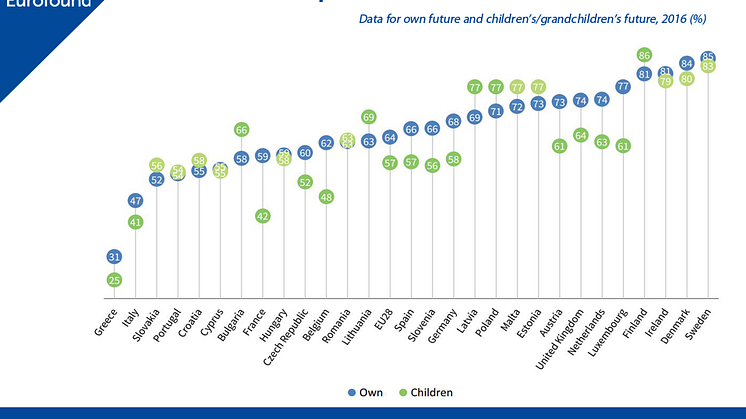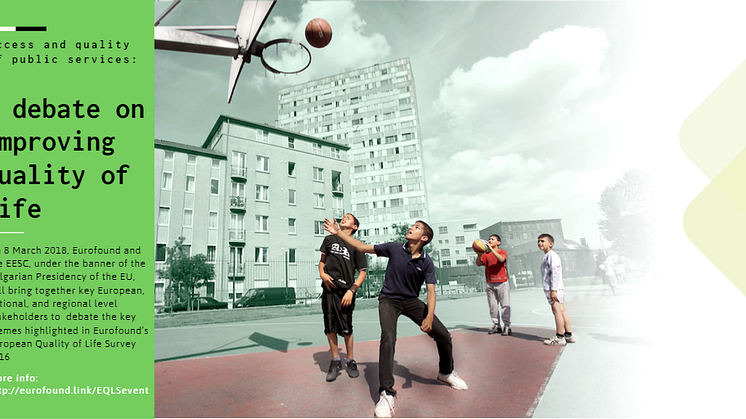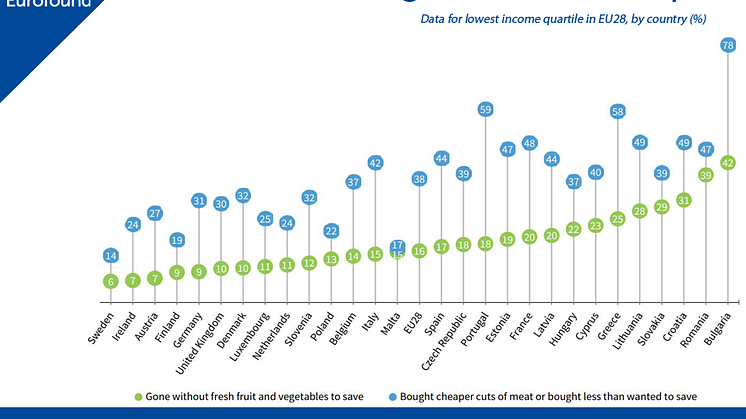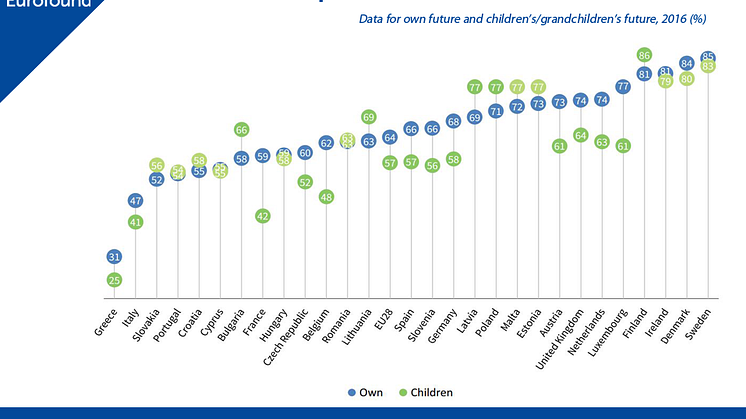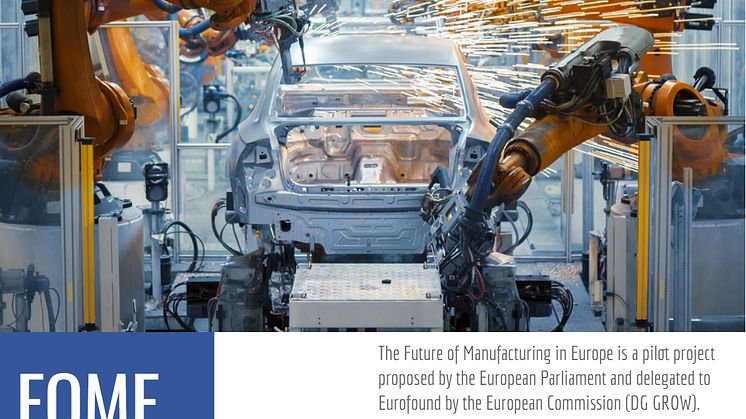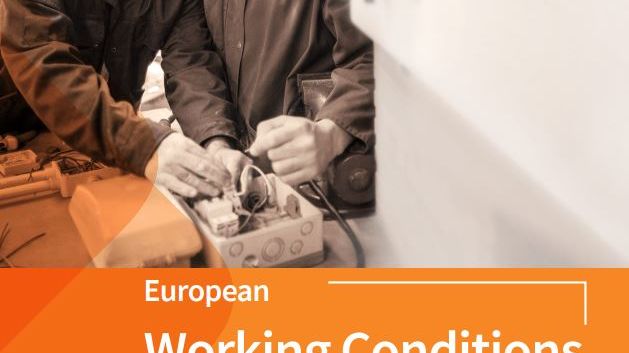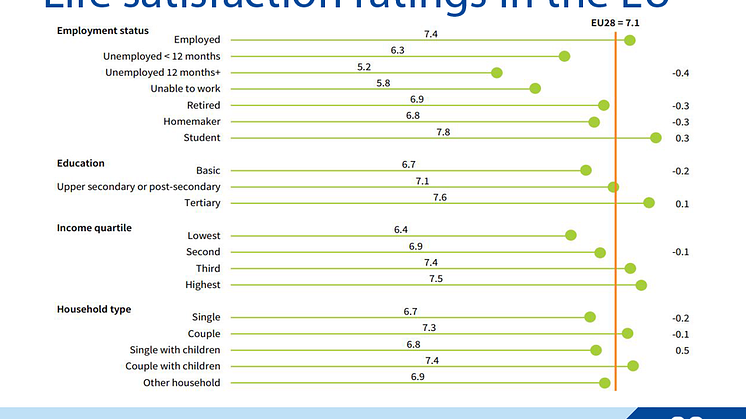EU Agencies unite against harassment on International Women’s Day
The Heads of the EU Agencies have pledged to communicate to their staff that harassment in the workplace is not acceptable, to ensure respect for existing laws and the staff regulation, to promote diversity at work, and to provide a trusted environment in the workplace.
